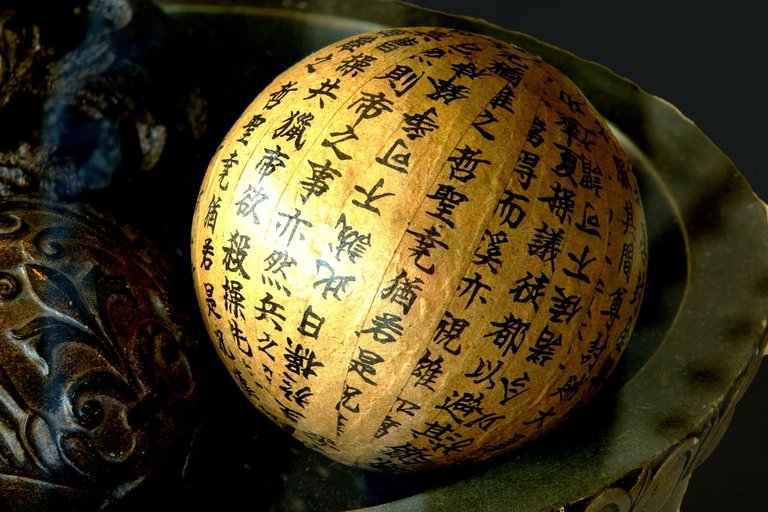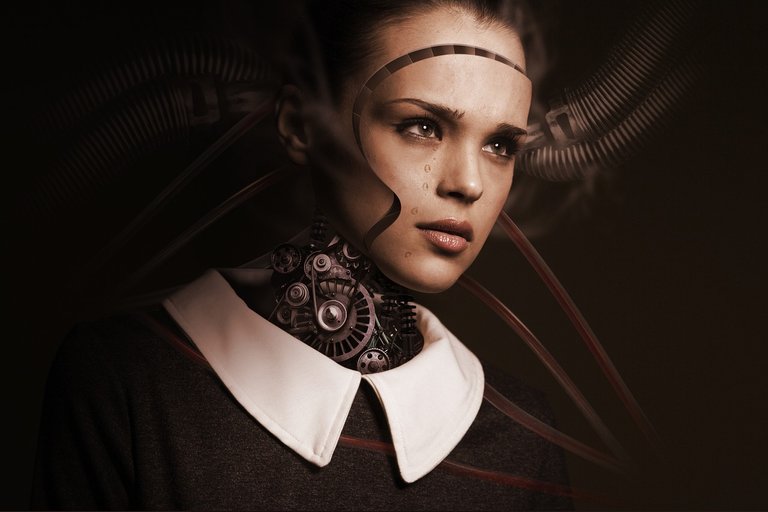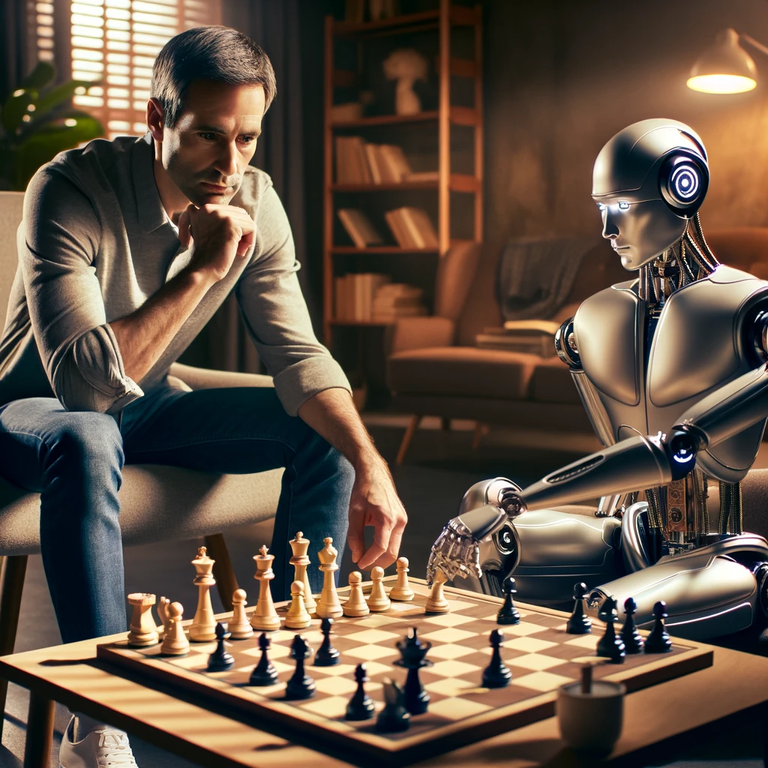Will AI (or ChatGPT) Replace Human Translators?

Image by Jim Bradley from Pixabay
Machine translation has been a thing for awhile now. First we had various translation apps that were little more than dictionaries, simply returning a very literal translation. Then Google Translate came on the scene and introduced an algorithm that was able to examine an entire sentence or phrase and offer a more intelligent translation, not just a literal one. For many languages that are fairly different (like Japanese and English, for instance) Google Translate still gave us nonsense more often than not, but it was an improvement over what we had before. A few years later we were introduced to Deepl which does an even better job than Google Translate, giving much more natural translations.
What has been the effect of these? Well, a lot of businesses use them.
Is this taking away work from human translators? I'm not sure. In Japan, many offices have at least one person who claims to know English and as a result this person is given all translation jobs. Often this person doesn't know English nearly as well as they claim, but as no one else knows English and as hiring an outside translator would be too expensive, they get away with it. Even very important public facing translation jobs too often take this cheap approach, merely being passed it to the internal person who thinks their ability is better than it is. I'm sure all of you have bought products or read something with really bad English. It's usually labeled "Engrish" when it appears online in groups that mock that kind of thing. Well, this is one of the reasons why that kind of bad English shows up. My Korean friend tells me it is the same over there. I wouldn't be surprised if it is similar in many countries.
With the introduction of machine translation, this system hasn't really changed much except that in many cases companies won't even bother giving the work to the internal "translator", the manager or person who needs a translation will do it themselves with machine translation. Some places fess up to this and others try to hide it. Either way, the results are not great. My adopted city webpage, for instance, now offers an English version—but that English version was obviously just Google Translated and is complete nonsense. (On the flip side, this is also why we have so many Westerners running around with Chinese character tattoos that say nonsense. Any translation done was done by someone who is not a professional translator, and the results show it.)
In any event, whether machine translation or human translation from an office worker with more ambition than ability, the end result is a lackluster translation. But no work was taken away from the professional translator in these cases because it was never given in the first place nor even considered. Professional translators are expensive, after all, whether from a translation company or freelance.
Enter ChatGPT. This AI can translate much better than previous models. The translation it gives is still far from perfect, but in most cases it is much improved over Deepl. Does this change everything? Maybe?

Enter AI - Image by 51581 from Pixabay
Eventually we are going to perfect translation. I know professional translators cry that this is impossible—many of my friends are professional translators, so I hear this all the time—but it is coming. It will be just like Star Trek with their universal translators that instantly and perfectly change the language of every alien they meet to English (and changes their speech back into the alien language).
I've talked before how I don't think this will eliminate language learning. There will still be a great advantage to learning to think in another language, so people will still take the time to do that, tho the number of people doing language learning will decrease. But how does this affect human professional translators?
Translation is very much an art form, and this may save human translators for awhile. Even with very similar languages, we can't translate literally or it will sound strange. Like stereo instructions, a robot, or a caveman at the best, and nonsensical at the worst. Instead, translators reinterpret what they have read into whatever language they are writing. We can see this best in books, where one translation of a famous book may differ drastically from another translation of the same book. Having a good translator is often just as critical to a book's success as the original author. It is for this reason that even authors who are fluent in another language will usually hire a translator to translate their book into that language. Even if you can speak another language well, it takes skill to sound as good in it as in your native language.
We know ChatGPT can be creative to some extent. Many will argue that that creativity is just stolen from all the data it's scanned, but that's neither here nor there. Is the small amount of creativity ChatGPT has enough to trump good human translators?

Perhaps ironically, created using AI with Dall-E. No, I didn't tell it to make the human look like Sam (Scott Bakula) from Quantum Leap. Wait—does that make this robot Ziggy?
So here we are. At the low level, places that never hire translators anyway due to cost and farm it out to an internal person, nothing will change. The quality of translation will improve because that internal person has better AI, but no work will be lost. On the artistic end, for novels and short stories, I think human translators will remain for awhile, because that skill is more than just translation.
It's at the mid level that I think humans lose out here. Technical writing translation will probably all go to AI, for better or worse. Some other midlevel translation, like indie games will probably also save money by just using AI and then having a native check it.
Anyway, just some rambling thoughts here. What do you guys thing about it?
❦
 |
David LaSpina is an American photographer and translator lost in Japan, trying to capture the beauty of this country one photo at a time and searching for the perfect haiku. He blogs here and at laspina.org. Write him on Twitter or Mastodon. |
You received an upvote of 90% from Precious the Silver Mermaid!
Please remember to contribute great content to the #SilverGoldStackers tag to create another Precious Gem.
As a public servant, every year I’m given a paper stress evaluation. The evaluation is offered in English and Japanese, but the English version makes no sense at all, so it’s actually more confusing and more stressful to answer than trying to read and understand the Japanese form.
This year, I corrected all of the English with a red pen and submitted it. I’m curious to see if they make any changes next year.
I wonder if they will. You'll have to watch carefully next time. I've had forms like that too, that are so bad I just ask for the Japanese one.
They have been quite beneficial for us. We have several students who have recently come into our district and they don't speak a lick of English. Our district is small and can't afford to pay most of the employees what they deserve, so getting a dedicated translator into a rural area for a price we could afford is just not possible. We have those students using tools like Google translate. Not perfect, but it gets us by until they can learn English. I know there have been teachers using AI to adapt their assignments into something the students can complete.
That is a great use! I imagine a lot of schools are doing the same thing.
I think it's inevitable in a generation or two it won't even be discussed. Like the Shimizu commercial I saw last night about all the "AI" & robotic tech they are implementing to replace workers. The welding robot working on a sky scraper scared the shit out of me for a second. I am stuck in the humans can do it better era, but then I realized the work still needs to be inspected. In a generation no one will think like I do. Is it a bad thing this is happening? Only time will tell.
Yeah, I agree with you that it's inevitable.
I don't really thing it's bad. It will be a difficult transition for many people and unfortunately some of the people who lose their jobs as a result will have a difficult time moving forward, but overall it will be good for society.
Well, I hope anyway!
This cannot be the case at all, because the way we see it, what the human mind can do, no such software can do.
Nice topic! When I was a child, I used to think our world was heading towards something like Astro Boy or those futuristic movies, Back to the Future or something. But here we are, we still stuck on oil and gas, living in the same old houses. I pictured a future where AI was everywhere. Finally, we've got these ChatGPT AI types. Pretty cool. However, I don't want us to lose our ancient knowledge. Some say different types of civilizations had way better technology in the past. Hmm... I am very curious about that too.
I think I like the hybrid lifestyle. AI translator setting things up for us, and we just double-check a once-over before hitting publish. And hey, an AI proofreader might even be better than a human?
Thinking about our future gets me excited. By the way, have you ever watched the documentary 'AlphaGo'? My husband likes it and watches it over and over.
I think for the Latin based languages this will be a very helpful tool but the ones like Japanese and Chinese - that’s got a lot of room to grow and get better. It doesn’t change the fact that places will use the trash translations still though lol
I can't speak for others, but the Japanese ones are getting remarkably good. I might assume the same is true of Chinese. Chinese grammar is fairly similar to English and easier than Japanese grammar, and when one is just writing one doesn't need to worry about tones, which is what makes speaking it so difficult.